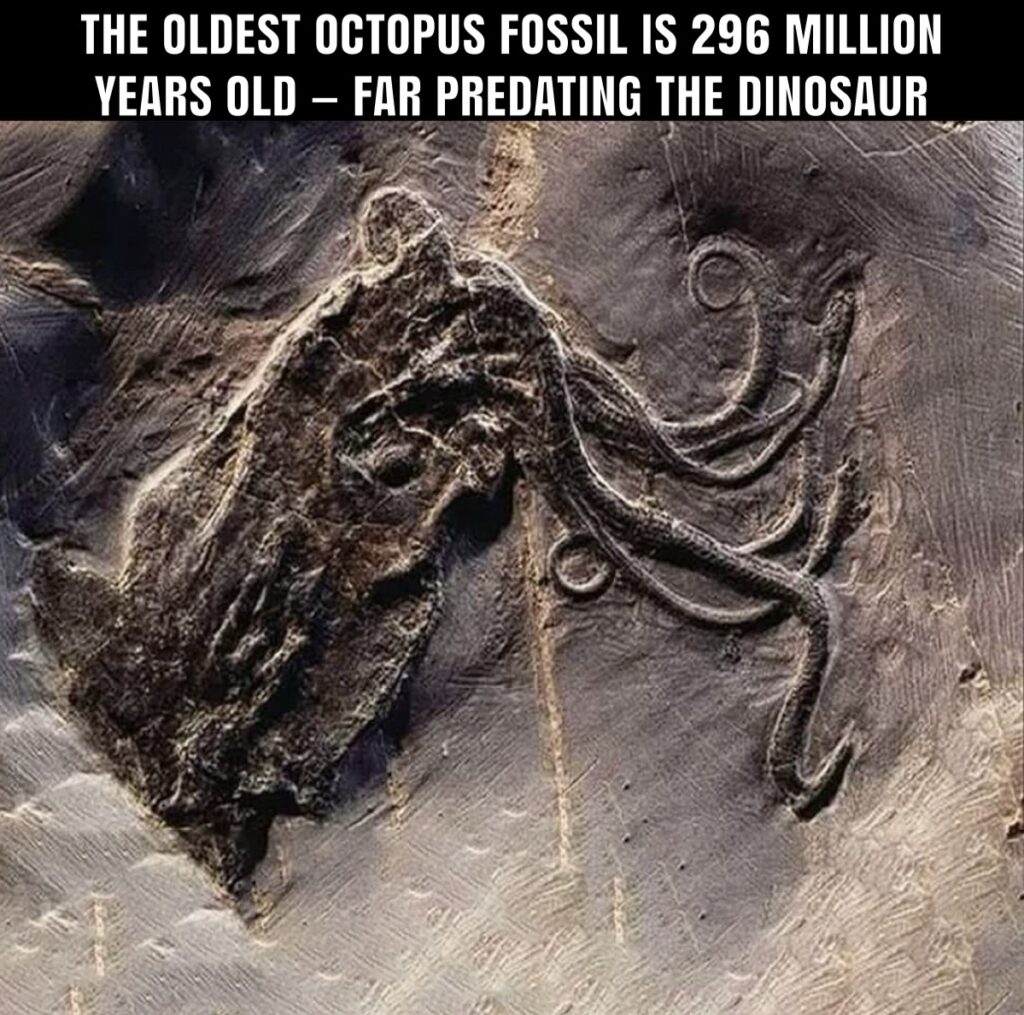The best way to enjoy Mickey 17 is to stop asking questions and let Robert Pattinson die as many times as he damn well pleases.
That’s not an insult. It’s actually the film’s entire premise—and its charm. Bong Joon-ho’s return to sci-fi absurdity, after the Oscar-winning Parasite, is less a follow-up than a flex.
Mickey 17 is visually gorgeous, narratively bonkers, and unapologetically weird. It’s also uneven and occasionally exhausting. But like a well-made clone, it keeps getting up and trying again.
The plot, adapted loosely from Edward Ashton’s novel, follows Mickey Barnes (Pattinson), a low-ranking worker designated as an “Expendable.” When Mickey dies, a new version is printed and sent back to work. That would be fine—except one version refuses to die, and another refuses to disappear, and suddenly there are two Mickeys running around trying to figure out who gets to be the real one.
If it sounds like Moon met Snowpiercer on an ayahuasca retreat, you’re not far off. Bong revels in the existential dread and bureaucratic lunacy of it all. He populates his ice-planet colony with oddballs, corporate overlords, and a suspiciously calm Toni Collette.
Pattinson, for his part, plays each Mickey with subtle distinction, creating layers of identity out of a man built to be disposable. His performance is more than game—it’s brave, and at times, hilarious.
But Mickey 17 isn’t for everyone. The satire is sharp but scattered, and the pacing buckles under the weight of its own cleverness. At two hours and change, the film starts to feel like a Russian nesting doll of ideas: fascinating, but hard to hold.
That said, it’s refreshing to see a studio science-fiction film with this much personality. In an era of algorithmic storytelling, Mickey 17 is defiantly odd, stubbornly human, and messily alive.
You’ll leave with questions, yes—but you’ll also leave with images and ideas that stick, like frostbite on the soul.
And if nothing else, you’ll get to see Robert Pattinson bicker with himself, which might be the most 2025 thing Hollywood has done yet.



